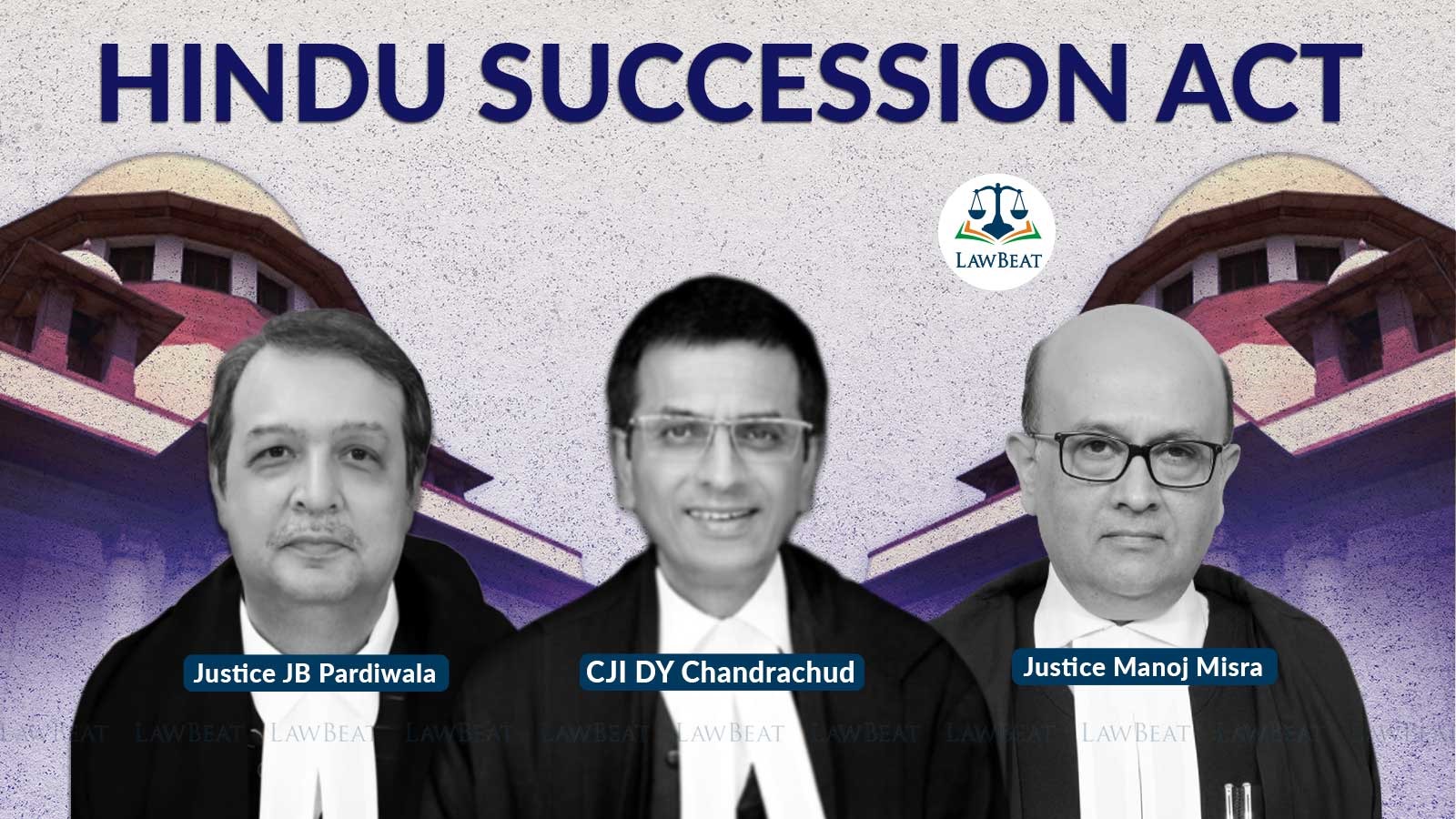Child born of void/voidable marriage will have rights to property of parents under Hindu joint family: Supreme Court

Supreme Court has held so while harmonizing the provisions of the Hindu Succession Act 1956 with the mandate in Section 16(3) of the Hindu Marriage Act,1955 which indicates that a child who is conferred with legitimacy under sub-sections (1) and (2) will not be entitled to rights in or to the property of any person other than the parents
The Supreme Court has held that a child born from a void or voidable marriage which has been annulled will have rights to or in the property of the parents under a Joint Hindu family.
"Once the share of the deceased in property that would have been allotted to him if a partition had taken place immediately before his death is ascertained, his heirs including the children who have been conferred with legitimacy under Section 16 of the HMA 1955, will be entitled to their share in the property which would have been allotted to the deceased upon the notional partition, if it had taken place;..", a CJI DY Chandrachud led bench has held.
The bench also comprising Justices JB Pardiwala and Manoj Misra has clarified that this interpretation is confined to Joint Hindu families governed by Mitakshara law.
Notably, the top court had held so while deciding a reference against the two-judge bench judgment in Revanasiddappa vs. Mallikarjun (2011), which had held that children born out of void/voidable marriages are entitled to inherit their parents' properties, whether self-acquired or ancestral.
Supreme Court had reserved its verdict in the instant matter on August 18.
Court has noted that while construing the provisions of Section 3(1)(j) of the Hindu Succession Act, 1956 (which deals with relationships of illegitimate children with their relatives) including the proviso, the legitimacy which is conferred by Section 16 of the Hindu Marriage Act, 1955 on a child born from a void or voidable marriage has to be read into the provisions of the HSA 1956.
"In other words, a child who is legitimate under sub-section (1) or sub-section (2) of Section 16 of the HMA would, for the purposes of Section 3(1)(j) of the HSA 1956, fall within the ambit of the explanation ‘related by legitimate kinship’ and cannot be regarded as an ‘illegitimate child’ for the purposes of the proviso;..", the three-judge bench has thus held.
While holding so, top court has noted that a large number of cases are likely to have remained pending before each High Court due to the pendency of this reference to the three judge Bench and has accordingly directed that,
"The Registrar (Judicial) of this court is directed to immediately circulate a copy of the Judgment to the Registrars (Judicial) of all the High Courts who shall upon taking suitable directions from the Chief Justices on the administrative side ensure that all pending cases involving the issues decided here are listed for hearing and disposal before the assigned benches according to the rosters of work."
Case Title: Revanasiddappa & Anr. vs. Mallikarjun & Ors.
